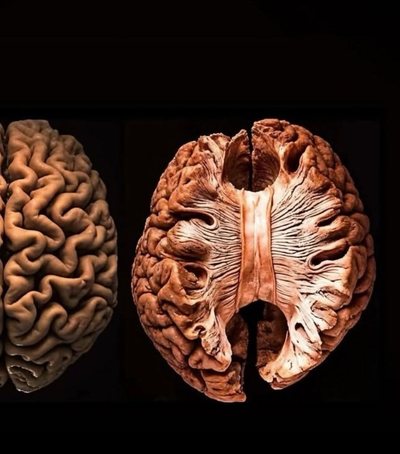
At a time when health and well-being are more important than ever, one of the most popular and sought-after nutritional supplements is omega-3 fatty acids. These fatty acids, which are essential for our bodies, offer a wide range of health benefits that affect not only the functioning of the body, but also mental health. This article will help you better understand the benefits of omega-3 and why they are so important for our bodies.
What are Omega-3 fatty acids?
Omega-3 fatty acids are a group of fats that are essential for our bodies, meaning they cannot be produced by the body itself and must be obtained from our diet. They are found in foods such as fish (especially cold-water fish such as salmon, mackerel and sardines), some types of seeds and nuts, as well as some other sources such as flaxseed and chia seed oils.
Health Benefits of Omega-3
1. Improves cardiovascular health
One of the most well-known benefits of omega-3s is their ability to protect heart health. Omega-3s can help lower triglyceride levels, a type of fat in the blood that can contribute to the development of heart disease. Studies have also shown that omega-3s can help lower high blood pressure and reduce inflammation, two factors that are linked to the risk of heart disease.
2. Supports brain function and mental health
Omega-3 fatty acids are important for proper brain development and function. They are a component of nerve cell membranes and help transmit electrical impulses in the brain. Omega-3s have been shown to help improve memory and focus and may contribute to protecting against neurodegenerative disorders like Alzheimer's. Additionally, omega-3s are linked to a lower risk of depression and anxiety, and some studies suggest they may help treat these conditions.
3. Reduce Inflammation
Inflammation is a natural process that helps the body fight infection and injury, but when it becomes chronic, it can contribute to the development of many diseases, including heart disease, diabetes, and cancer. Omega-3s have the ability to help reduce inflammation, thereby reducing the risk of many chronic health conditions.
4. Improves eye health
The benefits of omega-3s don't just stop at the heart and brain. Some studies suggest that omega-3 fatty acids may also help improve eye health. They are helpful in preventing macular degeneration, one of the leading causes of blindness in older adults. Omega-3s also help fight dry eyes and may improve overall vision function.
5. Improves skin health
Omega-3s are known for their beneficial effects on skin health. They can help reduce inflammation that causes conditions such as acne, psoriasis, and dermatitis. They can also help retain moisture in the skin, making it healthier and more comfortable.
6. Improves Immune Function
Because of their impact on reducing inflammation and improving overall health, omega-3s may also help strengthen the immune system. They can help the body respond better to infections and may help prevent autoimmune diseases.
How to Get Omega-3?
To benefit from these fatty acids, it is important to include sources rich in omega-3 in your diet. Some good sources are:
1. Fish of the cold depths
Salmon, mackerel, sardines and trout are some of the fish richest in omega-3.
2. Seed oils
Flaxseed and chia seed oils are also excellent sources of omega-3s, especially for those who do not consume seafood.
3. Seeds and nuts
Walnuts and chia seeds are rich sources of omega-3, which can be easily added to the diet.
Omega-3s are an essential component of a healthy diet and offer a wide range of health benefits for the body and mind.
By including omega-3-rich sources in your diet, you can support cardiovascular health, improve brain function, and reduce the risk of many health conditions.
The benefits of omega-3 are incredible and that is why it is important to include them in your lifestyle for a healthier and more balanced life.





